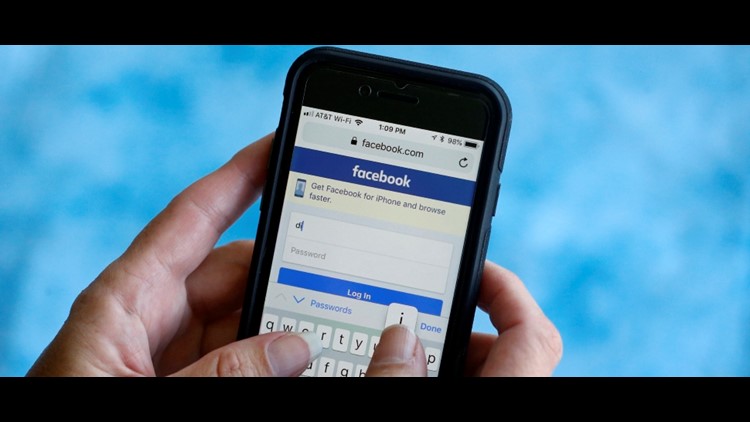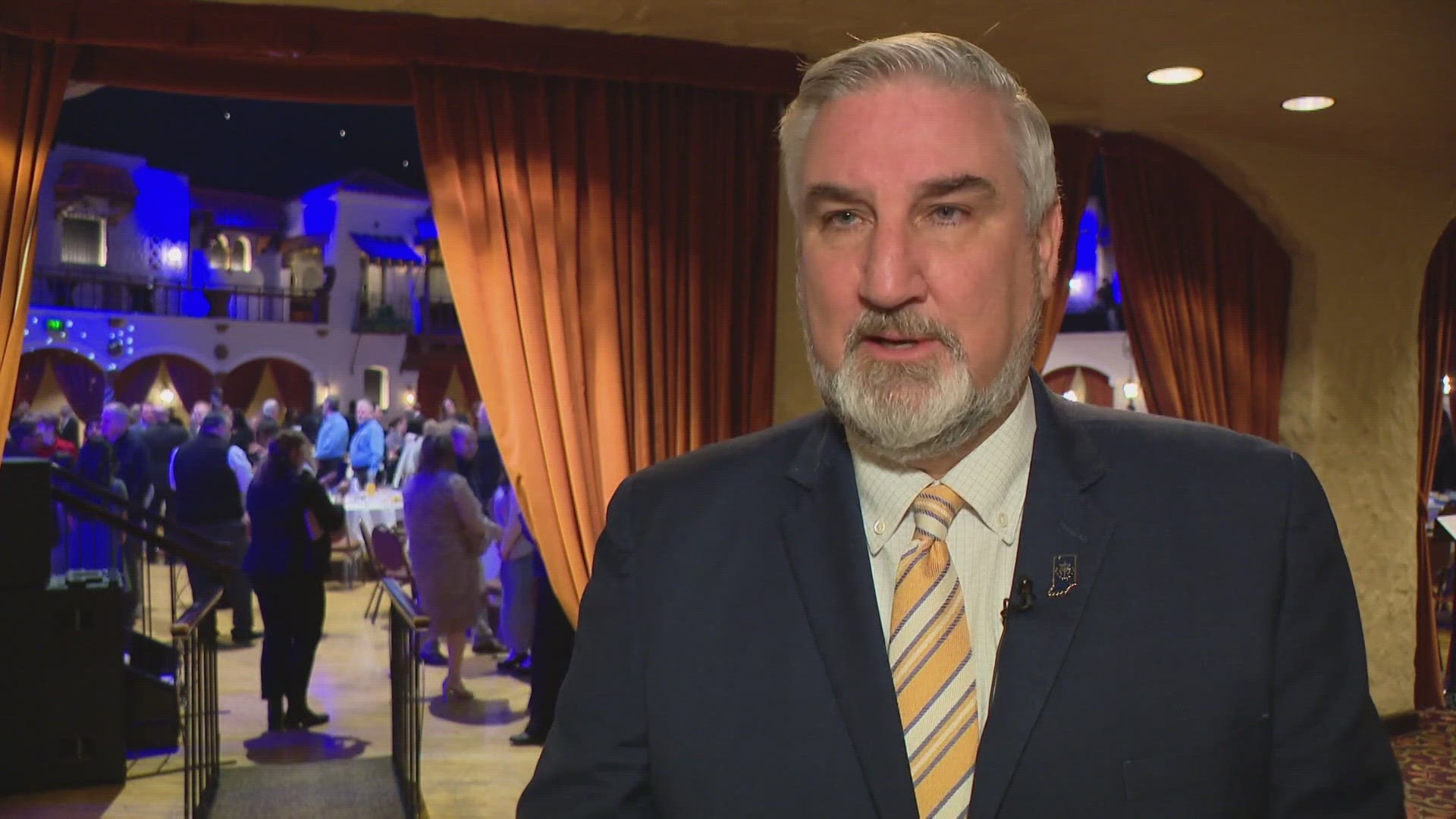TAMPA, Fla. (WTSP) — We get it. You're social distancing, and you want to stay connected with your friends.
So, you find yourself taking a whole bunch of those quizzes popping up on Facebook and other social media sites these days.
Well, now there’s a warning from the Better Business Bureau: Those quizzes could be used to steal your identity and hack into your accounts.
“You know, it’s sad that scammers take advantage of consumers, especially in a time like this,” said Bryan Oglesby with the Better Business Bureau‘s West Florida chapter.
Oglesby said scam artists know there’s a temptation these days to participate in all those Facebook quizzes cluttering your social media feed.
“They are going to use this. We are at home. We are most vulnerable when we’re isolated from others,” he said. “Now is the time to connect with family and friends.”
The issue, says the BBB, is that questions which seem innocent enough can be used to find out a lot more about you.
The number one song on your birthday, for example, lets a criminal know your age, search your name online and find that public listing. Now, they have relatives and other names too. Maybe your mother‘s maiden name — “which could relate to a similar question that your bank account institution might ask you when you are searching to reset your security questions,” said Oglesby.
The BBB says not all quizzes are bad, but even some recently popular ones could be.
For example, you might have been tempted to join a legion of folks posting their old high school pictures in support of the graduation-deprived class of 2020.
“It could be asking the name of your high school,” said Oglesby. “It could be asking information similar to questions that are asked when you log into your bank account. 'What was the name of the high school that you went to?'”
Clearly, some are wise to the scam.
Police departments around the nation have posted similar probing questions, but their answers cleverly spell out “stop giving people your personal info to guess your password and security questions.” Others have jokingly posted entire lists of questions we should all know better than to answer.
“The questions you know in your mind that you have been asked when you were setting up an account online as a challenge question, that’s when you should start getting a little suspicious,” said Joy Randels, a board member with cybersecurity group SecureSet Academy.
The thing about these Facebook quizzes, says the Better Business Bureau, is that by the time you realize that your ID has been stolen, you may not even remember taking them.
They want you to be social, but they also need you to be skeptical.
So, if you think that you’ve already given out some information that could be used to commit fraud against you, they recommend reaching out to those websites or those financial institutions and changing your security settings.
Security experts also recommend keeping your settings as private as possible on social media sites, so that those who don’t know you would be less likely to see information you only intend to share with family and friends.



